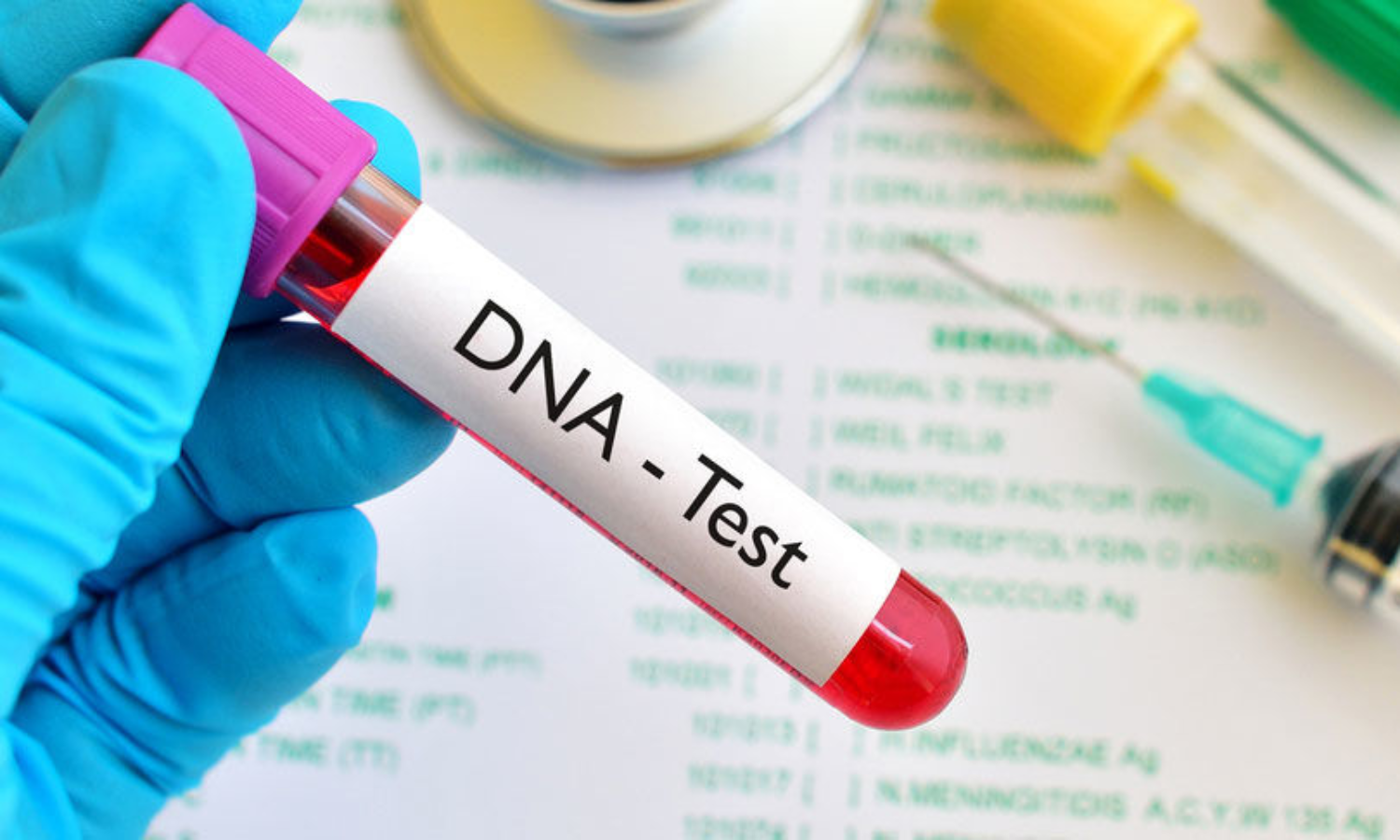In a recent research by US scientists, it can be seen that cancers can be prevented by a single DNA test which will have the ability to analyze the proteins in the blood and hence can detect 18 early-stage cancers. Early detection of cancer can improve the chances of successful treatment and survival.
![]()
Early-stage cancers are difficult to detect and therefore, most of the cancer patients in the world are already in their last stage when it was detected. Lab tests for blood, urine, and other body fluids may not be a full-proof way to detect cancer and have to be followed with biopsies and imaging. This multi-screening test, therefore, can prove to be a game-changer, easing cancer treatment and ensuring higher survival rates among cancer patients.
Cancers treatment – How the new DNA test can be Helpful?
This new DNA test can analyse proteins in the blood and can help detect 18 different kinds of early-stage cancers across the main organs in the human body. Genetic testing, also known as DNA testing, is used mainly to identify the changes that take place in DNA sequence or chromosome structure. According to US biotech firm Novelna, “Blood proteins have been analysed before also but the recent testing proved to be more accurate and specific than the previous ones.”
The research team told the journal BMJ Oncology, “This recent finding can be a milestone in the foundation for a multi-cancer screening test for the early detection of 18 solid cancerous tumours that cover all the major human organs of origin at the earliest stage of their development with high accuracy,”.
This new DNA testing could reshape the screening guidelines by making this plasma test a standard part of routine check-ups. These findings pave the way for a cost-effective, highly accurate, multi-cancer screening test that can be implemented on a population-wide scale.
The team took blood plasma samples from 440 people who were then diagnosed with 18 different types of cancer and from 44 healthy blood donors. The researchers could identify the proteins that signalled early-stage cancers accurately. At stage 1 (the earliest cancer stage) within the specificity of 99%, the panel members were able to identify 93% of cancers among males and 84% of cancers among females.
The new DNA test is significant in a way that it can help diagnose pre-cancerous and early-stage cancer before a tumour could do significant damage. However, due to the smaller size of the samples, more studies were needed to establish the effectiveness of the test.
How Yoga exercises can help people with disabilities to develop their mental well-being?